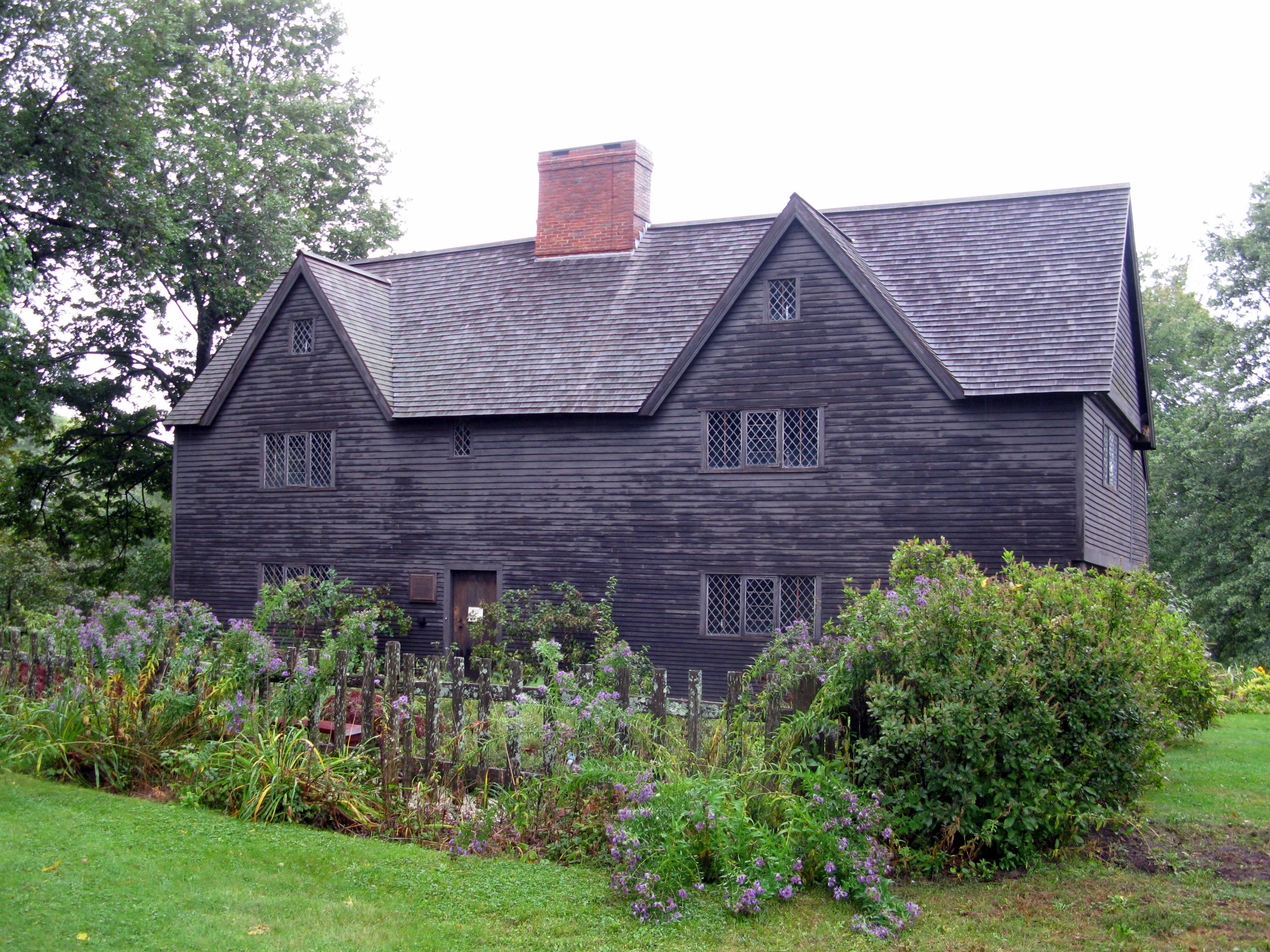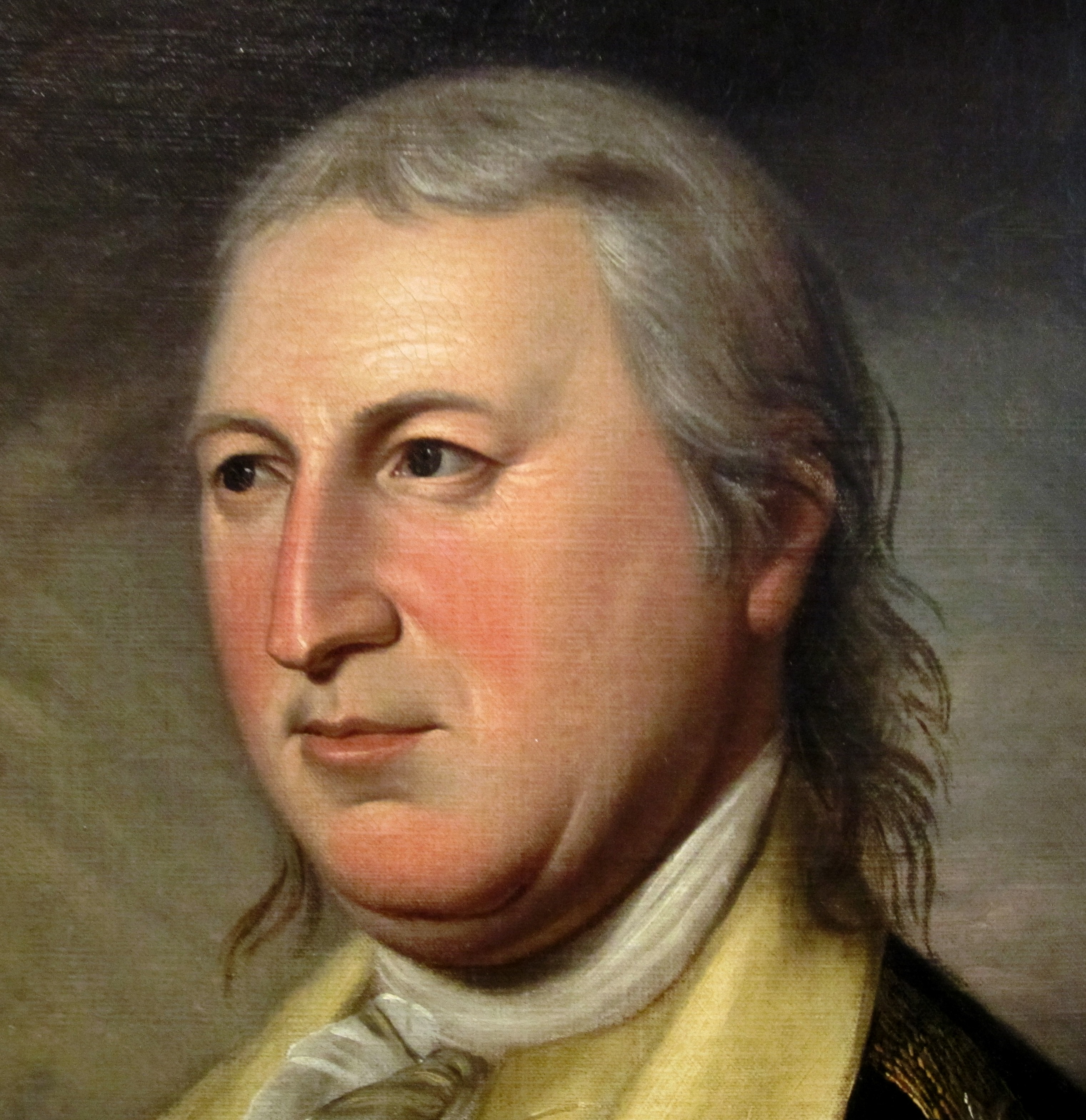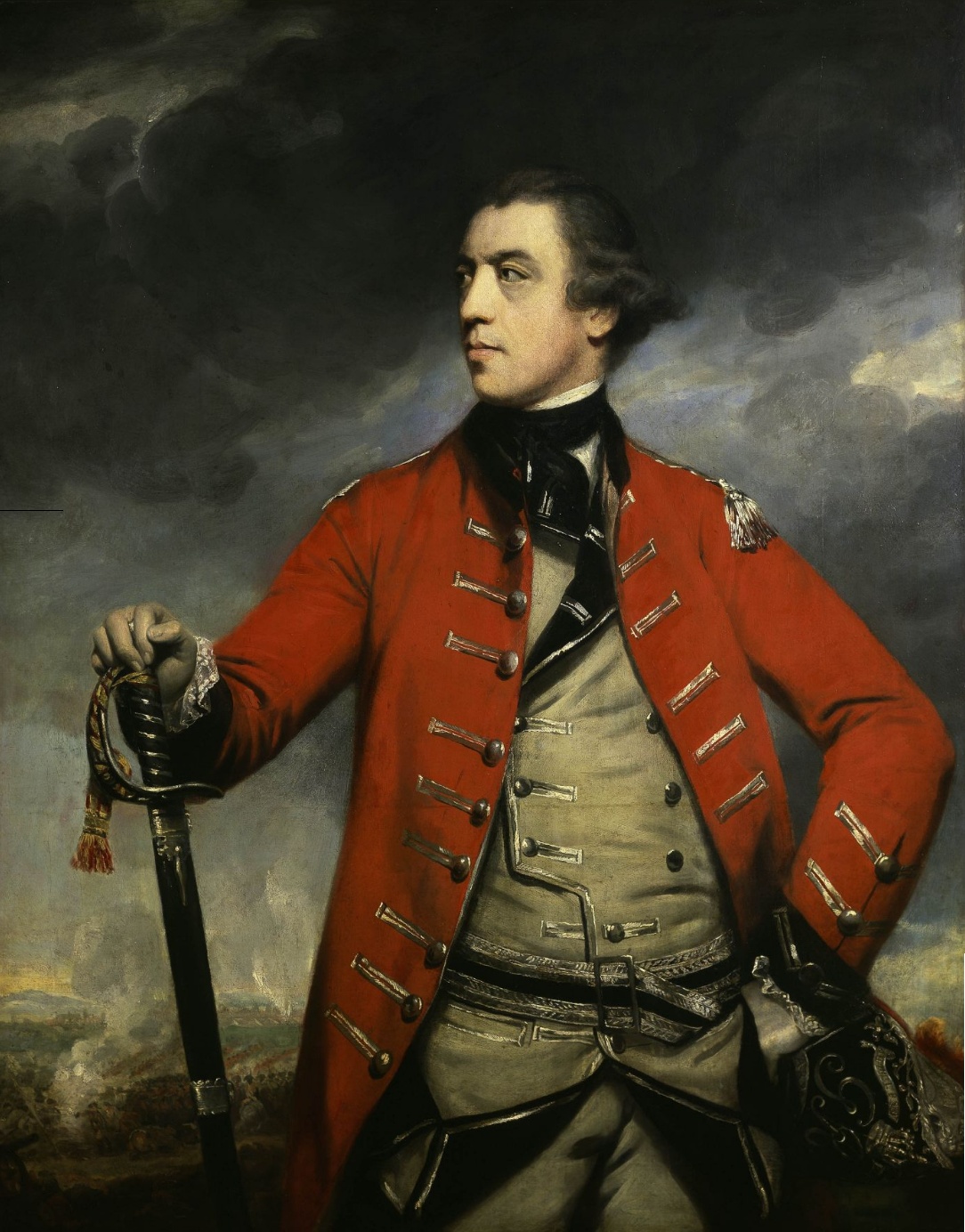|
Cogswell's Regiment Of Militia
Cogswell's Regiment of Militia also known as the 3rd Essex County Militia Regiment was called up at Ipswich, Massachusetts on April 19, 1775, during the Battles of Lexington and Concord and to guard the Massachusetts coast from July 1775 to January 1776. The regiment would also be called up on September 20, 1777, as reinforcements for the Continental Army during the Saratoga campaign. The regiment marched quickly to join the gathering forces of Gen. Horatio Gates as he faced British Gen. John Burgoyne in northern New York New York most commonly refers to: * New York City, the most populous city in the United States, located in the state of New York * New York (state), a state in the northeastern United States New York may also refer to: Film and television * '' .... The regiment served in Gen. Nixion's brigade. With the surrender of Burgoyne's Army on October 17, the regiment acted as part of the guard for the prisoners to Prospect Hill and disbanded on November 7, 1777. ... [...More Info...] [...Related Items...] OR: [Wikipedia] [Google] [Baidu] |
Massachusetts
Massachusetts (Massachusett language, Massachusett: ''Muhsachuweesut [Massachusett writing systems, məhswatʃəwiːsət],'' English: , ), officially the Commonwealth of Massachusetts, is the most populous U.S. state, state in the New England region of the Northeastern United States. It borders on the Atlantic Ocean and Gulf of Maine to the east, Connecticut and Rhode Island to the south, New Hampshire and Vermont to the north, and New York (state), New York to the west. The state's capital and List of municipalities in Massachusetts, most populous city, as well as its cultural and financial center, is Boston. Massachusetts is also home to the urban area, urban core of Greater Boston, the largest metropolitan area in New England and a region profoundly influential upon American History of the United States, history, academia, and the Economy of the United States, research economy. Originally dependent on agriculture, fishing, and trade. Massachusetts was transformed into a manuf ... [...More Info...] [...Related Items...] OR: [Wikipedia] [Google] [Baidu] |
Ipswich, Massachusetts
Ipswich is a coastal town in Essex County, Massachusetts, United States. The population was 13,785 at the 2020 census. Home to Willowdale State Forest and Sandy Point State Reservation, Ipswich includes the southern part of Plum Island. A residential community with a vibrant tourism industry, the town is famous for its clams, celebrated annually at the Ipswich Chowderfest, and for Crane Beach, a barrier beach near the Crane estate. Ipswich was incorporated as a town in 1634. History Ipswich was founded by John Winthrop the Younger, son of John Winthrop, one of the founders of the Massachusetts Bay Colony in 1630 and its first governor, elected in England in 1629. Several hundred colonists sailed from England in 1630 in a fleet of 11 ships, including Winthrop's flagship, the ''Arbella''. Investigating the region of Salem and Cape Ann, they entertained aboard the ''Arbella'' for a day, June 12, 1630, a native chief of the lands to the north, Chief Masconomet. The event was record ... [...More Info...] [...Related Items...] OR: [Wikipedia] [Google] [Baidu] |
Convention Army
The Convention Army (1777–1783) was an army of British and allied troops captured after the Battles of Saratoga in the American Revolutionary War. Convention of Saratoga On 17 October 1777, British General John Burgoyne surrendered his army according to terms negotiated with American general Horatio Gates following the 7 October Battle of Bemis Heights. The terms were titled the ''Convention of Saratoga'', and specified that the troops would be sent back to Europe after giving a parole that they would not fight again in the conflict. Morrissey (2000), p. 87 The British army was accorded the honours of war, and Burgoyne had his sword returned to him by Gates. Baroness Frederika Riedesel, wife of General Riedesel, just emerged from her shelter in the cellar of the Marshall House, attended the surrender ceremony which she vividly describes in her ''Journal'': "On the 17th of October the capitulation was consummated. The generals waited upon the American general-in-chief, Gate ... [...More Info...] [...Related Items...] OR: [Wikipedia] [Google] [Baidu] |
John Nixon (Continental Army General)
John Nixon (March 1, 1727 – March 24, 1815) was an American brigadier general in the Continental Army during the American Revolutionary War. He was born in Framingham, Massachusetts, on March 1, 1727, to Christopher and Mary Nixon. In 1755 he served in the Massachusetts militia during Sir William Johnson's campaign against the French during the French and Indian War. In 1775 Nixon had moved to Sudbury, Massachusetts, and was a captain of the town's Minutemen whom he led at the Battles of Lexington and Concord. He and his men fought at Bunker Hill on June 17, 1775, his unit was one of the last to leave the field. After the battle Nixon was promoted to colonel of the 6th Massachusetts Regiment. Col. Nixon's regiment was placed into Gen. John Sullivan's brigade and took part in the New York and New Jersey campaign during 1776. In August 1776, Nixon was promoted to brigadier general, and he commanded a brigade consisting of the 3rd, 5th, 6th and 7th, and 8th Massachu ... [...More Info...] [...Related Items...] OR: [Wikipedia] [Google] [Baidu] |
New York (state)
New York, officially the State of New York, is a state in the Northeastern United States. It is often called New York State to distinguish it from its largest city, New York City. With a total area of , New York is the 27th-largest U.S. state by area. With 20.2 million people, it is the fourth-most-populous state in the United States as of 2021, with approximately 44% living in New York City, including 25% of the state's population within Brooklyn and Queens, and another 15% on the remainder of Long Island, the most populous island in the United States. The state is bordered by New Jersey and Pennsylvania to the south, and Connecticut, Massachusetts, and Vermont to the east; it has a maritime border with Rhode Island, east of Long Island, as well as an international border with the Canadian provinces of Quebec to the north and Ontario to the northwest. New York City (NYC) is the most populous city in the United States, and around two-thirds of the state's popul ... [...More Info...] [...Related Items...] OR: [Wikipedia] [Google] [Baidu] |
John Burgoyne
General John Burgoyne (24 February 1722 – 4 August 1792) was a British general, dramatist and politician who sat in the House of Commons from 1761 to 1792. He first saw action during the Seven Years' War when he participated in several battles, most notably during the Portugal Campaign of 1762. Burgoyne is best known for his role in the American Revolutionary War. He designed an invasion scheme and was appointed to command a force moving south from Canada to split away New England and end the rebellion. Burgoyne advanced from Canada but his slow movement allowed the Americans to concentrate their forces. Instead of coming to his aid according to the overall plan, the British Army in New York City moved south to capture Philadelphia. Burgoyne fought two small battles near Saratoga but was surrounded by American forces and, with no relief in sight, surrendered his entire army of 6,200 men on 17 October 1777. His surrender, says historian Edmund Morgan, "was a great turning ... [...More Info...] [...Related Items...] OR: [Wikipedia] [Google] [Baidu] |
Kingdom Of Great Britain
The Kingdom of Great Britain (officially Great Britain) was a Sovereign state, sovereign country in Western Europe from 1 May 1707 to the end of 31 December 1800. The state was created by the 1706 Treaty of Union and ratified by the Acts of Union 1707, which united the kingdoms of Kingdom of England, England (which included Wales) and Kingdom of Scotland, Scotland to form a single kingdom encompassing the whole island of Great Britain and its outlying islands, with the exception of the Isle of Man and the Channel Islands. The unitary state was governed by a single Parliament of Great Britain, parliament at the Palace of Westminster, but distinct legal systems – English law and Scots law – remained in use. The formerly separate kingdoms had been in personal union since the 1603 "Union of the Crowns" when James VI of Scotland became King of England and King of Ireland. Since James's reign, who had been the first to refer to himself as "king of Great Britain", a political un ... [...More Info...] [...Related Items...] OR: [Wikipedia] [Google] [Baidu] |
Horatio Gates
Horatio Lloyd Gates (July 26, 1727April 10, 1806) was a British-born American army officer who served as a general in the Continental Army during the early years of the Revolutionary War. He took credit for the American victory in the Battles of Saratoga (1777) – a matter of contemporary and historical controversy – and was blamed for the defeat at the Battle of Camden in 1780. Gates has been described as "one of the Revolution's most controversial military figures" because of his role in the Conway Cabal, which attempted to discredit and replace General George Washington; the battle at Saratoga; and his actions during and after his defeat at Camden.Bilias, p. 80 Born in the town of Maldon in Essex, Gates served in the British Army during the War of the Austrian Succession and the French and Indian War. Frustrated by his inability to advance in the army, Gates sold his commission and established a small plantation in Virginia. On Washington's recommendation, the Continen ... [...More Info...] [...Related Items...] OR: [Wikipedia] [Google] [Baidu] |
Continental Army
The Continental Army was the army of the United Colonies (the Thirteen Colonies) in the Revolutionary-era United States. It was formed by the Second Continental Congress after the outbreak of the American Revolutionary War, and was established by a resolution of Congress on June 14, 1775. The Continental Army was created to coordinate military efforts of the Colonies in their war for independence against the British, who sought to keep their American lands under control. General George Washington was the commander-in-chief of the army throughout the war. The Continental Army was supplemented by local militias and volunteer troops that were either loyal to individual states or otherwise independent. Most of the Continental Army was disbanded in 1783 after the Treaty of Paris formally ended the fighting. The 1st and 2nd Regiments of the Army went on to form what was to become the Legion of the United States in 1792. This became the foundation of what is now the United States ... [...More Info...] [...Related Items...] OR: [Wikipedia] [Google] [Baidu] |
Battles Of Lexington And Concord
The Battles of Lexington and Concord were the first military engagements of the American Revolutionary War. The battles were fought on April 19, 1775, in Middlesex County, Province of Massachusetts Bay, within the towns of Lexington, Concord, Lincoln, Menotomy (present-day Arlington), and Cambridge. They marked the outbreak of armed conflict between the Kingdom of Great Britain and its thirteen colonies in America. In late 1774, Colonial leaders adopted the Suffolk Resolves in resistance to the alterations made to the Massachusetts colonial government by the British parliament following the Boston Tea Party. The colonial assembly responded by forming a Patriot provisional government known as the Massachusetts Provincial Congress and calling for local militias to train for possible hostilities. The Colonial government effectively controlled the colony outside of British-controlled Boston. In response, the British government in February 1775 declared Massachusetts to be in a ... [...More Info...] [...Related Items...] OR: [Wikipedia] [Google] [Baidu] |
Battle Of Freeman's Farm
The Battles of Saratoga (September 19 and October 7, 1777) marked the climax of the Saratoga campaign, giving a decisive victory to the Americans over the British in the American Revolutionary War. British General John Burgoyne led an invasion army of 7,200–8,000 men southward from Canada in the Champlain Valley, hoping to meet a similar British force marching northward from New York City and another British force marching eastward from Lake Ontario; the goal was to take Albany, New York. The southern and western forces never arrived, and Burgoyne was surrounded by American forces in upstate New York short of his goal. He fought two battles which took place 18 days apart on the same ground south of Saratoga, New York. He gained a victory in the first battle despite being outnumbered, but lost the second battle after the Americans returned with an even larger force. Burgoyne found himself trapped by much larger American forces with no relief, so he retreated to Saratoga (now ... [...More Info...] [...Related Items...] OR: [Wikipedia] [Google] [Baidu] |
Infantry
Infantry is a military specialization which engages in ground combat on foot. Infantry generally consists of light infantry, mountain infantry, motorized infantry & mechanized infantry, airborne infantry, air assault infantry, and marine infantry. Although disused in modern times, heavy infantry also commonly made up the bulk of many historic armies. Infantry, cavalry, and artillery have traditionally made up the core of the combat arms professions of various armies, with the infantry almost always comprising the largest portion of these forces. Etymology and terminology In English, use of the term ''infantry'' began about the 1570s, describing soldiers who march and fight on foot. The word derives from Middle French ''infanterie'', from older Italian (also Spanish) ''infanteria'' (foot soldiers too inexperienced for cavalry), from Latin '' īnfāns'' (without speech, newborn, foolish), from which English also gets '' infant''. The individual-soldier term ''infantry ... [...More Info...] [...Related Items...] OR: [Wikipedia] [Google] [Baidu] |



.jpg)




